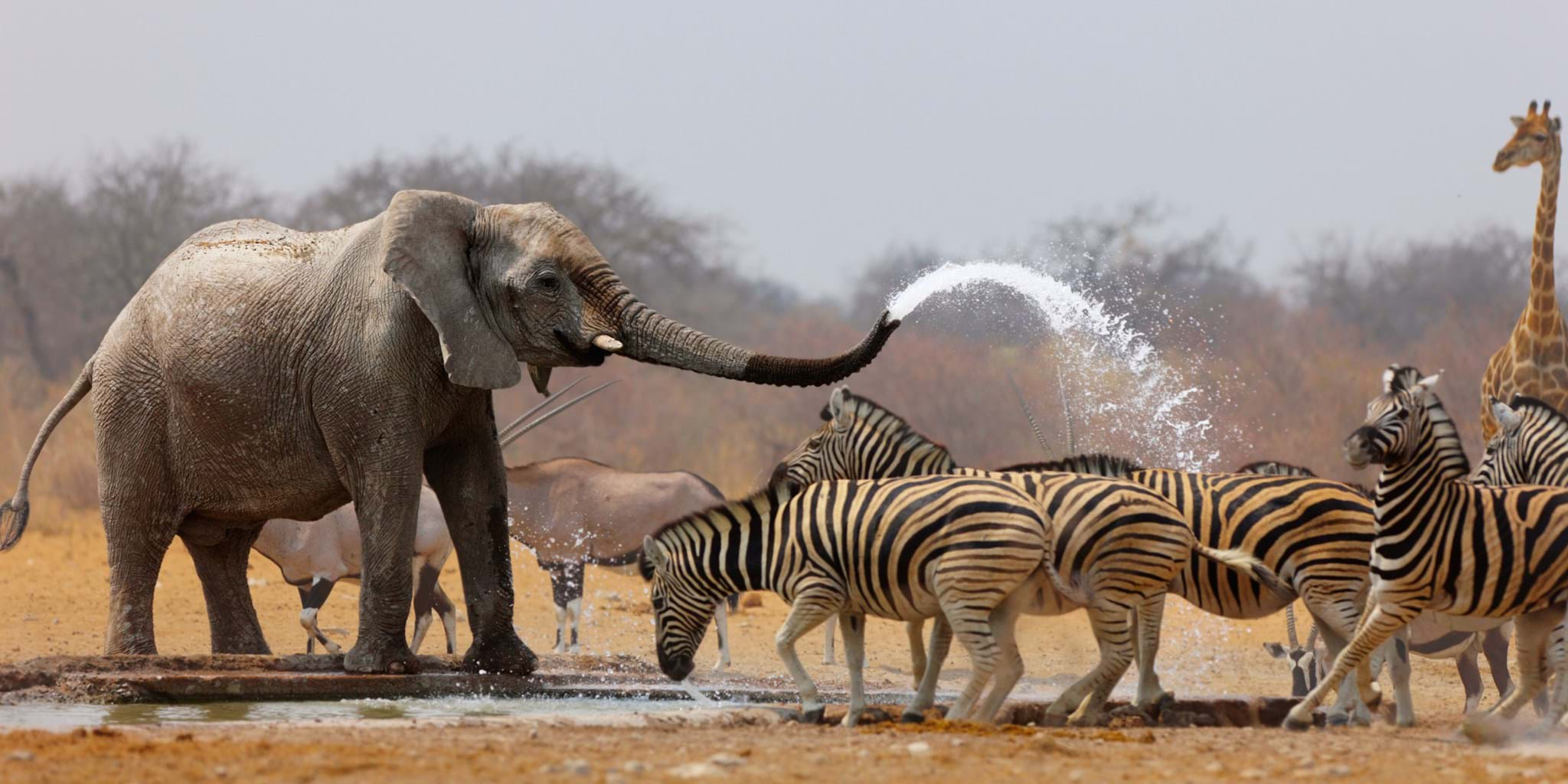Africa has a lot to offer with numerous national parks and an abundance of wildlife. But there are a few things you should know before going on your safari trip in Africa. Going on safari for the first time you probably have many questions.
There are hundreds of guides telling you where and when to go, so we are not going to go into this.This article is intended to give you all kinds of practical tips which will help you prepare for an African safari no matter where or when you go.
KNOW THE BEST TIME OF YEAR TO GO ON A SAFARI
This really depends on what you want to see. Traditionally, the peak of the dry season is considered the very best time to take a safari. The simple reason? Visibility. In most parks, the number of animals doesn’t change dramatically throughout the year. What does change however is how easy it is to see them.
PREPARE REQUIRED DOCUMENTS
Visiting a foreign country has always been connected with the need to arrange numerous required documents. You’d have to make sure that your passport will remain valid throughout the trip, if not renew it, and most likely you’d need a visa. If you are a citizen, you will only need your identification card.
BE OPEN MINDED AND FLEXIBLE
Every safari drive is unique and therefore unpredictable, so try not to stress about the things you cannot control. Sometimes you won’t see much, sometimes you’ll see a lot, sometimes the ride will take longer than expected, and sometimes it will be tougher than expected. Be prepared for warm and for cold, for wind or sun, for mosquitoes and flies, and mostly for a rough ride.
BE PREPARED TO WAKE UP EARLY
As a general rule, animals are active in the morning and the evening; the midday sun is simply too hot for them to do very much else other than lay in the shade. This is why you’ll quickly discover that most safari days are broken into two – an early morning game drive setting off just before the sun has come up, and another beginning around 4.30 p.m.
LEARN WHAT TO PACK FOR A SAFARI
Going on safari in Africa might be a once-in-a-lifetime opportunity, and the best way to make sure you have the most amazing experience is to pack properly! The key to a great safari experience is packing the right items. It can be difficult to know what to bring, here are some essentials you need to carry:
- Light material, breathable clothing of neutral colors (the clothes should perform well in safari conditions)
- A good camera with batteries and a memory card
- Sunscreen
- Reusable water bottle
- Lightweight bag or backpack
- Binoculars(Not essential since they are sometimes offered)
- Comfortable pair of shoes
- Swimming suit where applicable
FOLLOW THE RULES AND STAY SAFE
Stay in your car at all times, the rules are there for a good reason. Animals are very well camouflaged and often you don’t see them until it’s too late.
Don’t make noise, keep your hands and your camera inside the car near the cats, and never stand between the hippo and the water. Hippos are very aggressive and are the most dangerous African animals after mosquitoes, so you don’t want to get them upset.
DON’T BE AFRAID TO ASK QUESTIONS
Your guide is there to do much more than simply ferry you around the national parks; they’re a wealth of information. Many have grown up in the region surrounded by these animals, and have honed their craft on specialist courses and intensive training – what they don’t know about a bird, a buffalo or ‘that brown thing over there’ probably isn’t worth knowing.
So don’t be afraid to ask questions and to ask them about their own experiences in the park (after all if you’re wondering something, chances are others in your group are wanting to know too!). Your guide will also let you know when it’s possible to sneak a toilet break and will arrange the snack & tea stop.
DON’T FORGET YOUR CAMERA!
Is there anything better than coming home from a great trip and being able to relive all of the amazing memories through photos? Of course not!
The first time you see a lion you’ll probably take 20 pictures of it, the next time – 10, and by the end of the week you’ll hardly notice it. You can always delete the pictures afterwards and only keep the best, but take pictures when you can because you may not get a chance for a better shot.
Article Courtesy: Hodari Africa Safaris.





